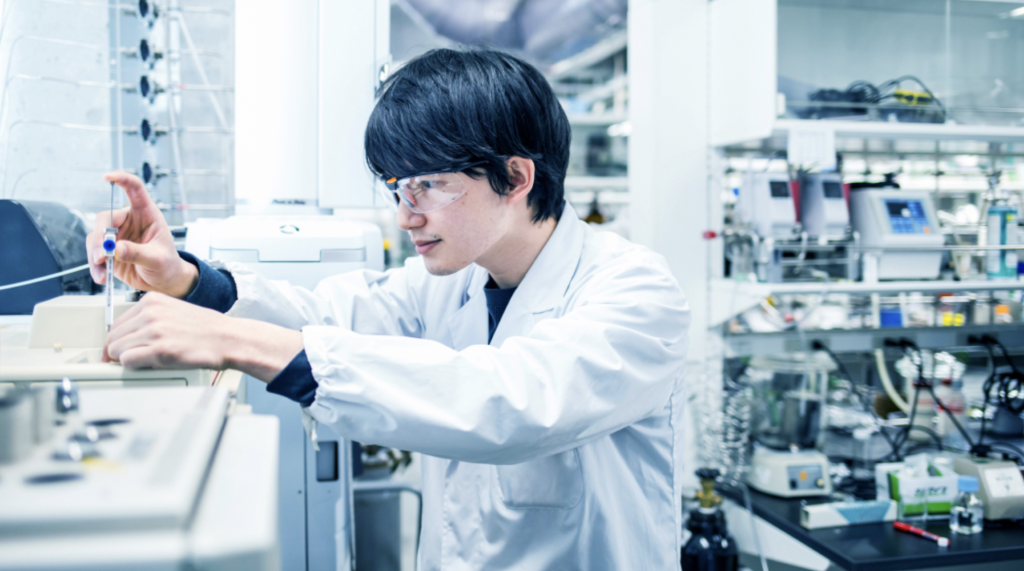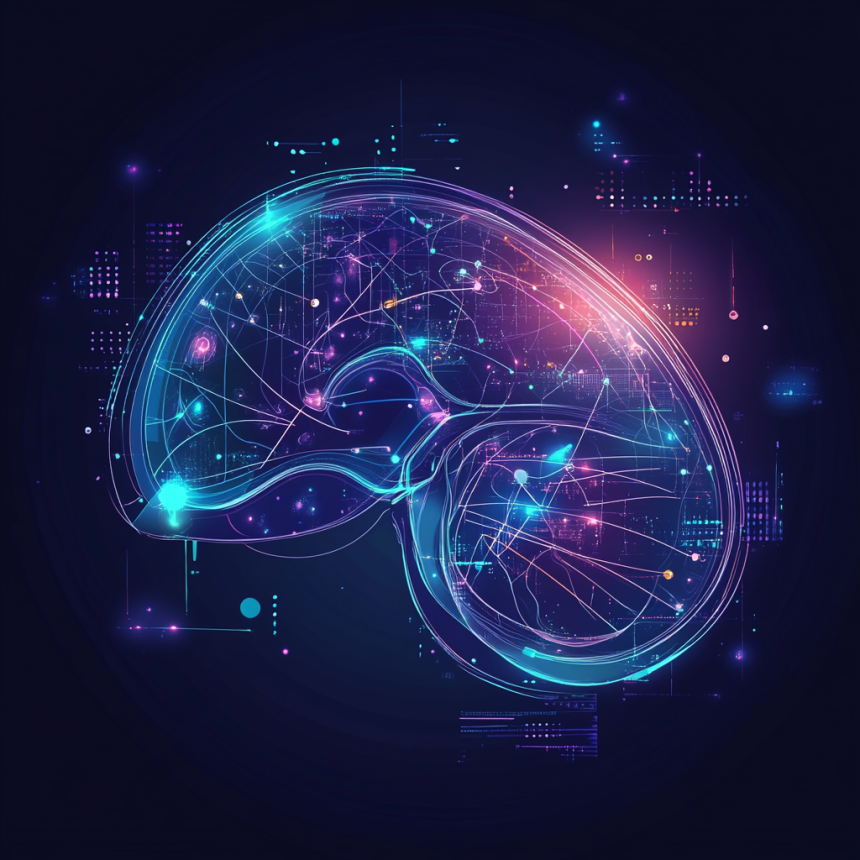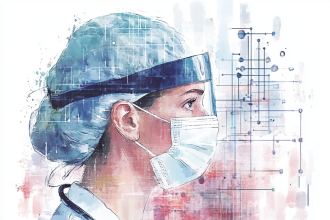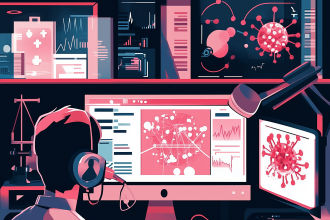As first reported by EurekAlert!, researchers at the Institute of Science Tokyo (Science Tokyo) have developed a powerful new AI model that segments liver tumors in CT scans with high accuracy—even when trained on extremely limited datasets. Liver cancer remains one of the deadliest and most prevalent cancers globally, and accurate tumor segmentation is a critical, yet labor-intensive, task for radiologists.

Source: isct.ac.jp.
Traditional AI models demand massive amounts of data to function effectively—often out of reach for many hospitals and research institutions. But this new system, led by Professor Kenji Suzuki and PhD student Yuqiao Yang, promises to make AI-driven cancer detection more accessible.
Innovation in small-data AI: Introducing MHP-Net
The newly developed architecture, called multi-scale Hessian-enhanced patch-based neural network (MHP-Net), breaks down CT images into small 3D patches and enhances each one with Hessian filtering to highlight spherical features—ideal for spotting tumors. Instead of needing thousands of images, MHP-Net was trained on just 7 to 28 tumor examples and still outperformed industry-standard models like U-Net, Res U-Net, and HDense-U-Net.
This success was measured using the Dice similarity score, a standard for evaluating segmentation accuracy, where MHP-Net achieved impressive results: 0.691, 0.709, and 0.719 with training sets of just 7, 14, and 28 tumors, respectively. These scores indicate a strong alignment between AI predictions and radiologist-labeled ground truths.

Source: bioengineer.org.
Lightweight, fast, and clinically practical
MHP-Net’s architecture is both accurate and practical. The system trains in under 10 minutes and produces results in about 4 seconds per patient, making it well-suited for real-world clinical settings, especially in under-resourced environments with limited computing power. This accessibility opens the door for AI-assisted imaging tools to be implemented in hospitals that lack massive data banks or supercomputing capabilities.
The success of MHP-Net demonstrates the transformative potential of small-data AI in medical imaging. By eliminating the need for extensive datasets, this technology can empower clinics around the world to benefit from advanced diagnostic tools. As the team at Science Tokyo continues to explore its applications in detecting other rare or under-studied conditions, MHP-Net paves the way for scalable, affordable, and accurate AI solutions in global healthcare.





